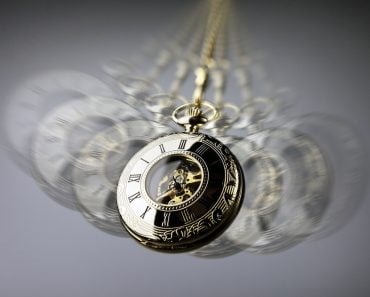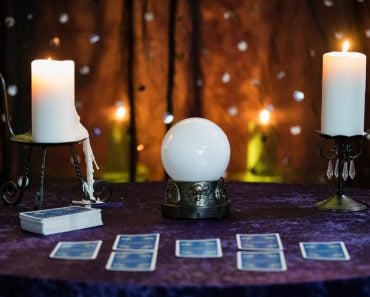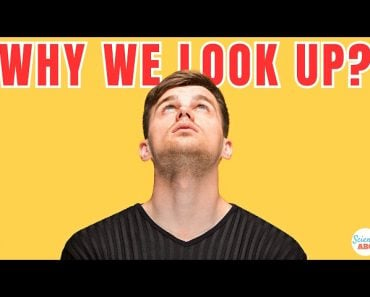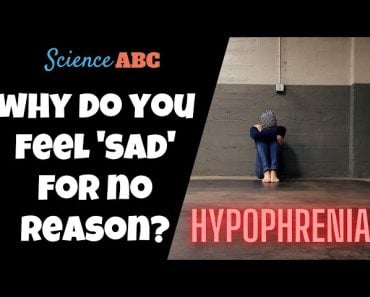Dreams are a mixture of the real world and our interpretations of it. Sometimes dreams are influenced by real life, which is totally normal functioning of our subconscious mind.
Dreams are our escape from reality. At least, that’s what I always thought, but recently, my dreams have been an amalgamation of what I’ve already experienced in a given day.
The other day, I had a discussion with my friends about the world ending and how chaotic it would be. In my dream that night, I saw that the world was ending, and everyone was panicking.
This is just one instance, but we are often oblivious to the impact of real-life situations on dreams.
What actually are dreams and how is everything related?
Recommended Video for you:
Are Dreams Thoughts Or Fantasies?
Cambridge Dictionary defines dreams as “a series of events or images that happen in your mind when you are sleeping”. Dreams are composed of visual images, thoughts, and the life we live. The factors mentioned above (visuals, thoughts & cognition) create fresh dreams on a daily basis. We tend to dream about our lives, with us as the main characters; they are not based on other people’s lives.
It appears that dreams are the mind’s mechanism for generating events that could be true/imaginary, and these events/images focus on strings of human experience. These dreams are reflected individually, according to a person’s unique thoughts. Everyone has their own “point of view” visuals in their dreams.

It cannot be said that dreams are fantasies, as they are not stories that we create forcefully; dreams occur in our minds subconsciously and we have nothing to do with them, except that our thoughts and cognitive processes inspire or influence them, to a certain extent.
Fantasies are wishful thinking, case scenarios where we see ourselves seeking happiness. They are stories we create to have a momentarily positive feeling. We see ourselves as warriors, royals, superheroes and so much more!
In the case of dreams, they can be happy or sad, intense or calm, joyous or frightening. They can have specific meanings or may be very vague. We cannot control them at all, as they are an indirect effect of our thoughts, which is quite different from fantasies.
What Did Sigmund Freud Say About Dreams?
In Sigmund Freud’s times, science was not as developed as it is now. Sigmund Freud was a famous neurologist and the founder of psychoanalytic theory. He is also one of the founding fathers of psychology. His method of psychology involved studying past traumas in clients and making connections between these situations and their current behavior problems.
He massively changed the field of psychology with his theories and provided answers to many questions. People didn’t believe that dreams had meanings back then. One of his famous theories is the Dream Theory, wherein Freud said that all dreams carry meanings, no matter how specific or vague, big or small.
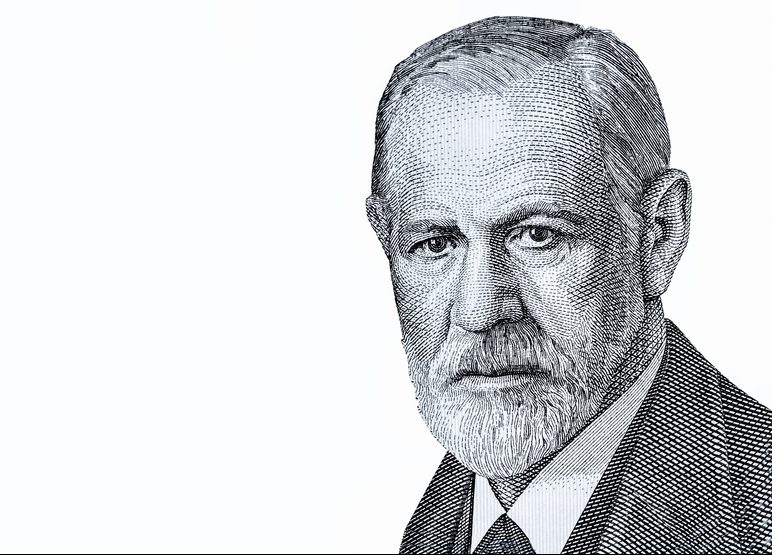
Sigmund Freud published a book called ‘The Interpretation of Dreams’ in which he wanted to seek knowledge about what dreams meant and the cause for their occurrence.
In this book, he mentions that all the significant things that happened in his real life influenced his dreams, which he referred to as his inner world (Source: The Interpretation of Dreams – Freud Museum London). Sigmund Freud believed that all dreams have meanings and are influenced by the real world to a small extent.
Does Our Life Influence Dreams Or Do Dreams Influence Our Life?
A more common experience, other than the one stated above, is life events being influenced by what happens in one’s dreams.
Our emotions and mood are influenced by the dreams we have. If someone did something bad to us in our dream, we will start thinking about why we had that dream and our mind may start to create a bad image around them.
In the same way, if someone did something good for us in a dream, we instantly feel a liking towards them. All of this eventually influences what and how we feel about someone or something.
After having a bad dream, when we wake up, it can be difficult for us to stay in a positive mood; we may stress and pray that nothing bad happens.
The effects of bad dreams on a person’s daytime performance can include emotional pain, difficulty concentrating, and tiredness. This is because of our strong belief in the dream system.
Many people believe that dreams signify something; some people even agree to some extent that dreams show us our future.
Do Instances From Our Lives Affect Our Dreams?
Dreams are a mixture of the real world and our interpretations of the real world. Sometimes, we see a movie and the plot of that movie enters our dreams, but instead of the actors, we are the protagonists fighting monsters and saving the world!
These instances are what we imagine and want to a certain extent. Thus, our mind mixes the best (sometimes the worst, resulting in nightmares) of both worlds and we see all of that in our dreams.

It can’t be said for certain that all dreams are influenced by daily life, but yes, sometimes this happens, which is totally normal functioning of our subconscious mind.
Dreams are a way for our subconscious mind to reroute the sentiments and emotions not satisfied by our wants.
In conclusion, it’s common to be affected by our dreams, but one shouldn’t dwell upon them or predict life events in the future from our dreams. Even though it may not always seem that way, the randomness of our dreams can’t be denied!
References (click to expand)
- Ruby, P. M. (2011). Experimental Research on Dreaming: State of the Art and Neuropsychoanalytic Perspectives. Frontiers in Psychology. Frontiers Media SA.
- Freud's Method for Interpreting Dreams. The Freud Museum in London
- The Dream-work - The Interpretation of Dreams - Freud Museum. The Freud Museum in London


